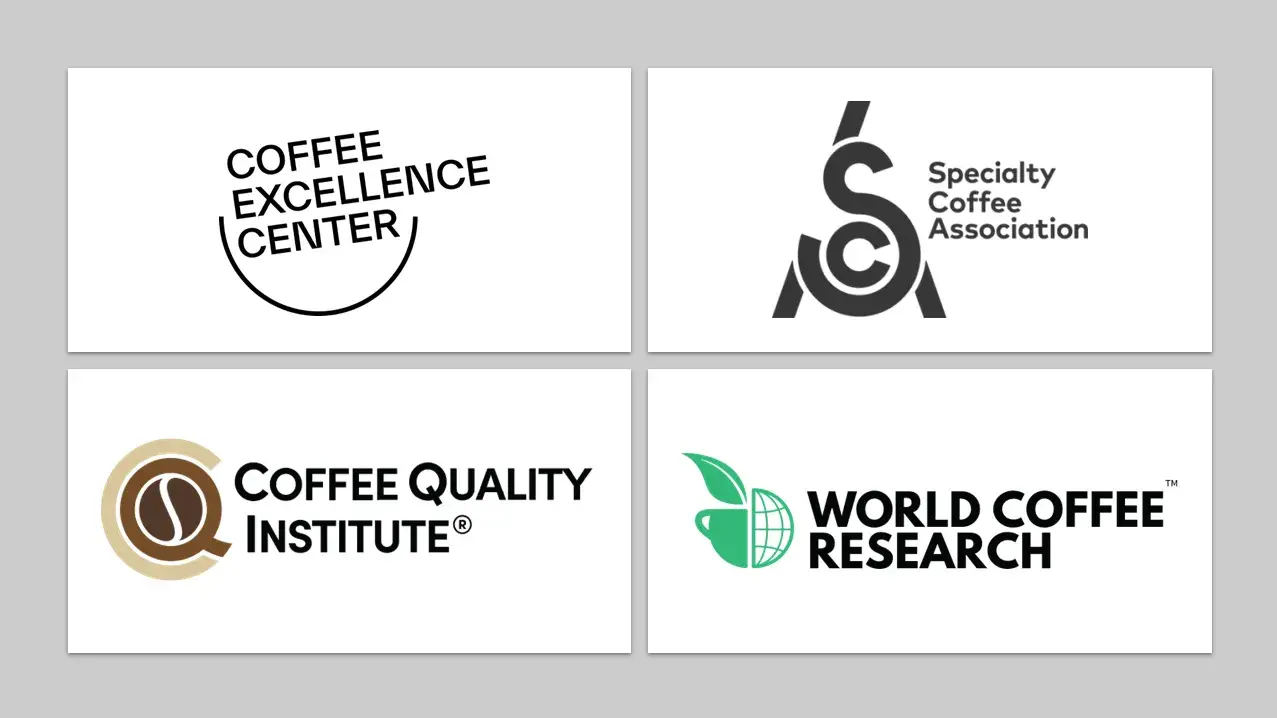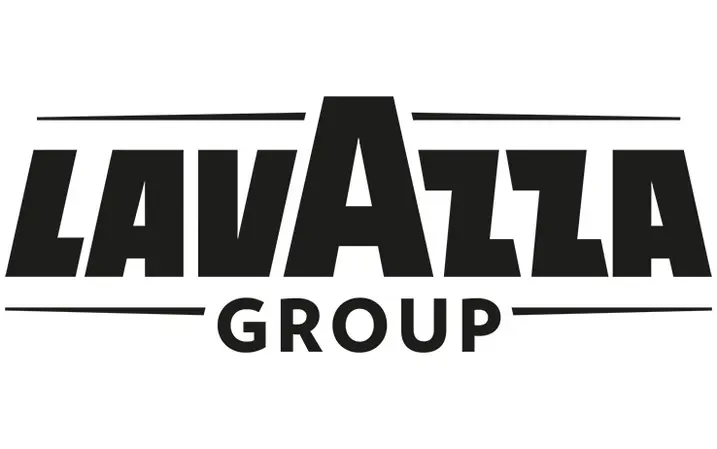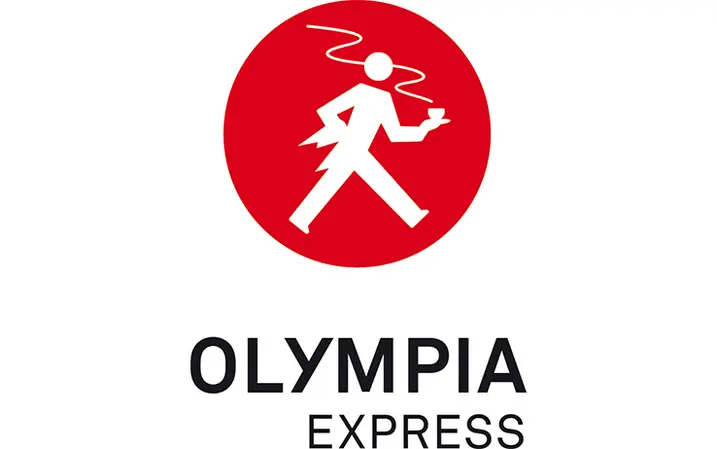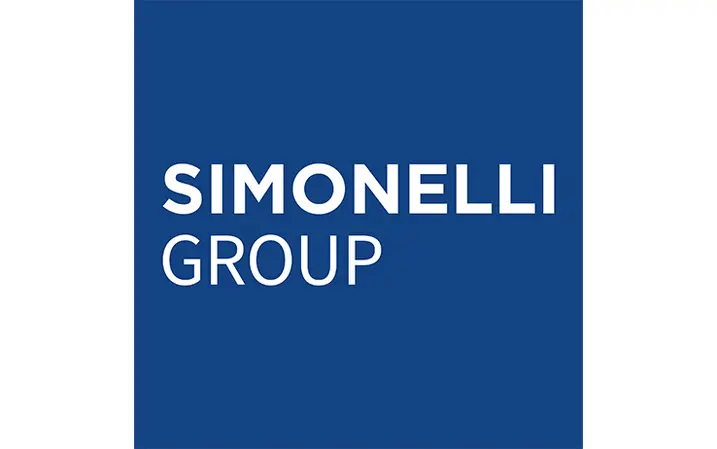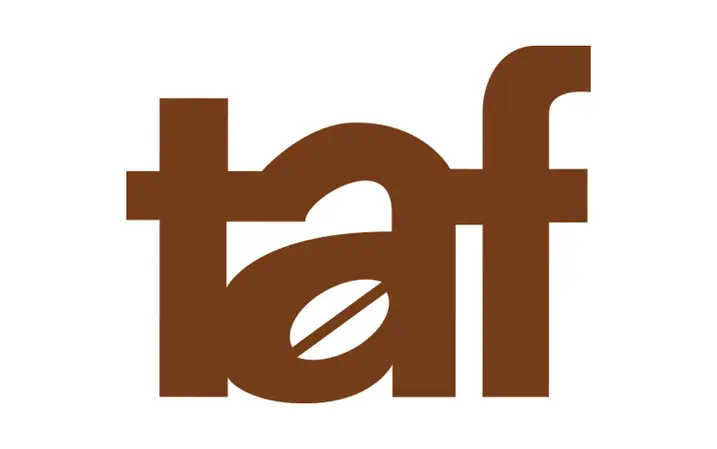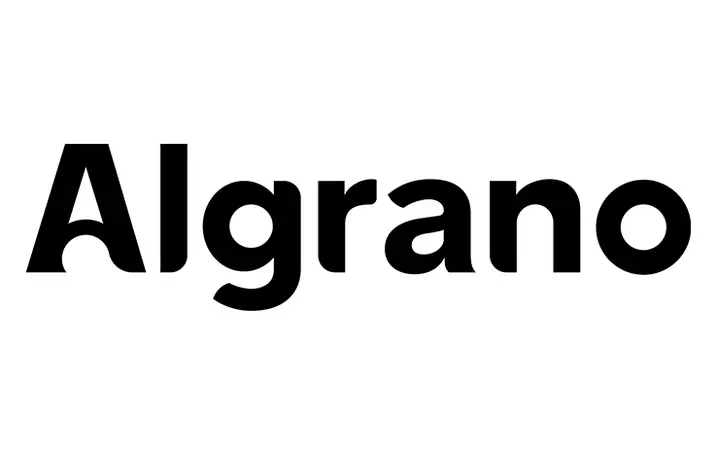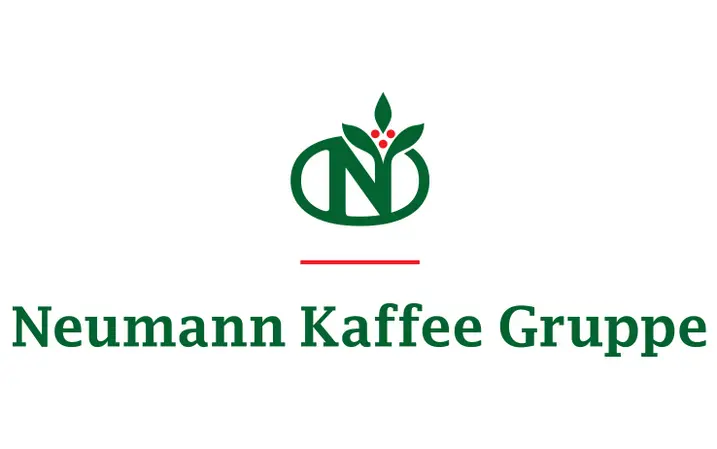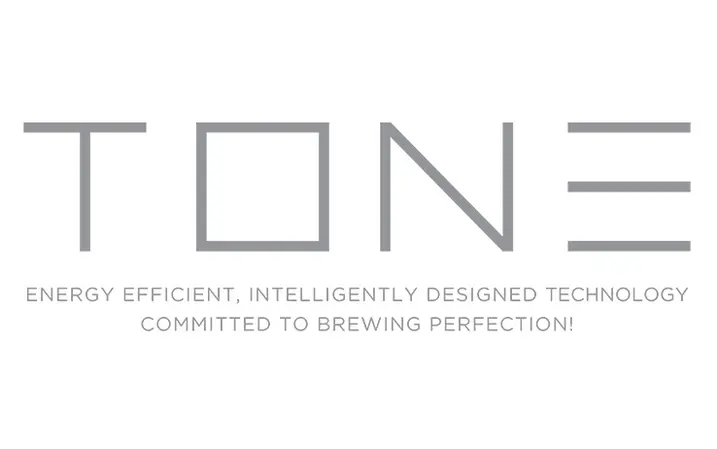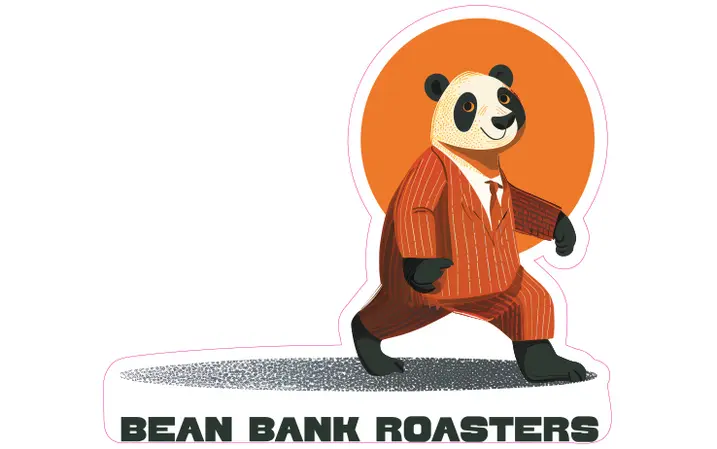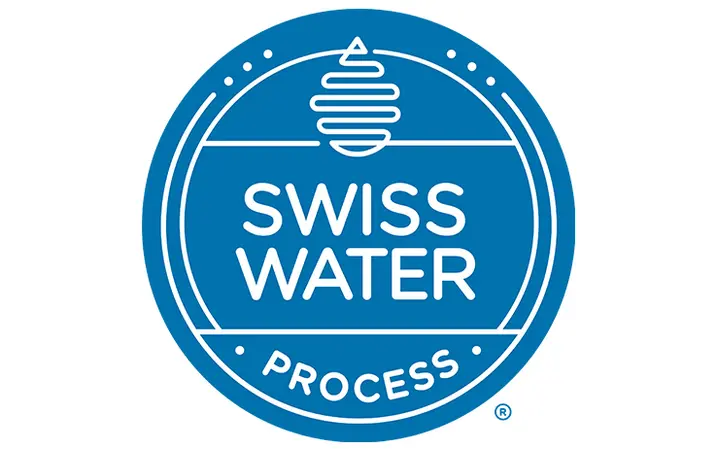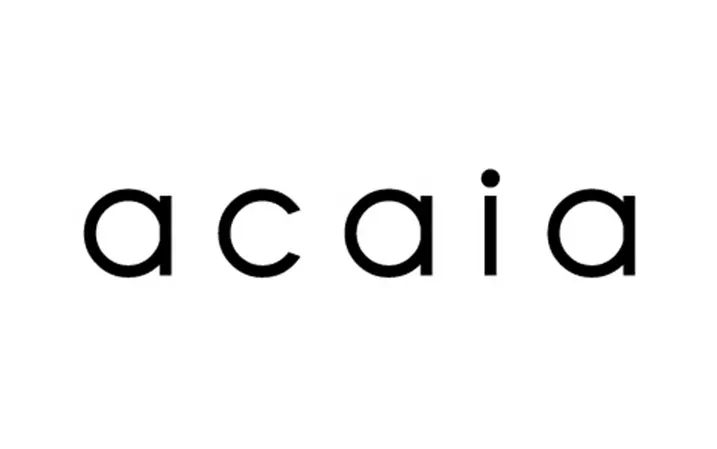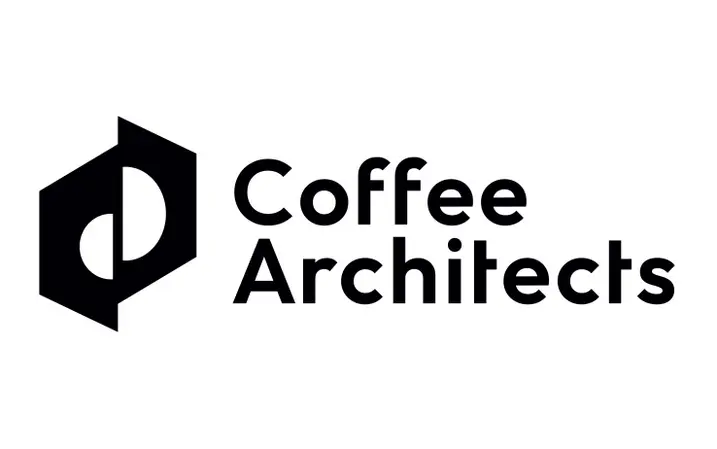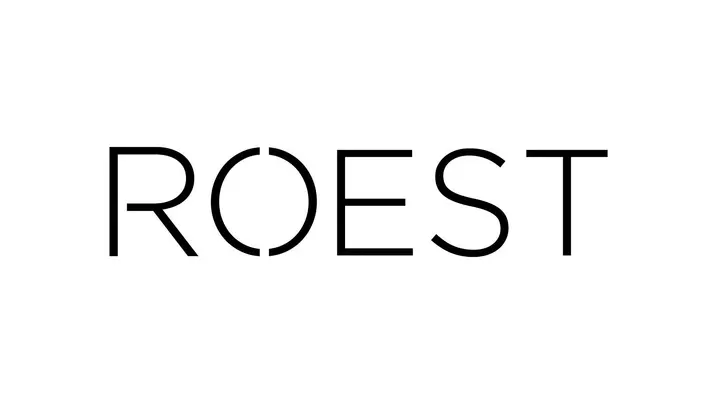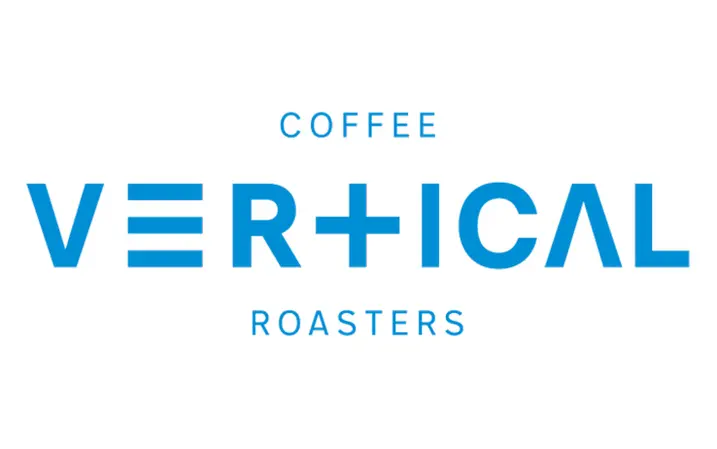Coffee Science and Education Summit
The Coffee Science and Education Summit 2025 will take place on 6-7 February at the ZHAW Zurich University of Applied Sciences in Wädenswil, Switzerland. Attendees can explore the latest research and participate in hands-on workshops and tastings. Limited seats available - save your spot!

Coffee Summit in Switzerland
The first-ever Coffee Science and Education Summit will take place on February 6-7 2025 at ZHAW Zurich University of Applied Sciences in Wädenswil, Switzerland. This event is a must-attend for coffee professionals, featuring the latest research, hands-on workshops, discussions, and curated tastings. It covers current topics from plant science to sensory science, offering a great chance to learn, connect, and grow. The summit brings together people from all parts of the coffee world, including roasters, farmers, scientists, consultants, educators, and innovators.
Event Details
Date: Thursday and Friday 6 – 7 February 2025
Conference Time: Thu 6-Feb 8:30 – 5:30 pm and Fri 7-Feb 8:30 am – 5:00 pm
Location: ZHAW Zurich University of Applied Sciences, Campus Reidbach, Einsiedlerstrasse 31, 8820 Wädenswil, Switzerland
Find travel information and hotel tips on the location page.
Topic: Bridging Science and Education along the Coffee Value Chain
Target Group: International Coffee Professionals, Scientists, Educators, Leaders in the Industry.
Tickets: 140 Seats available. A 2-day ticket for CHF 650
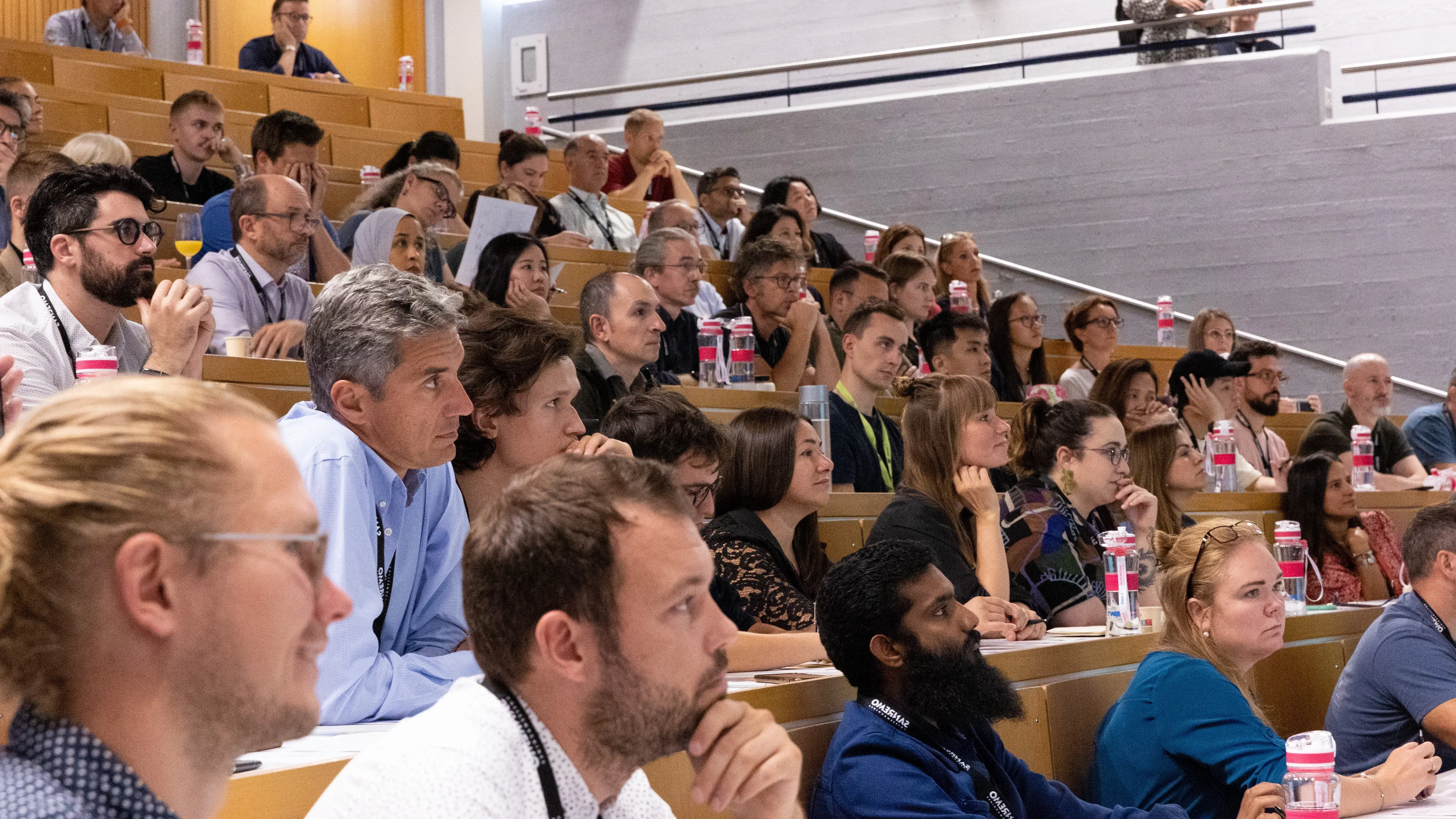
Programme
Keynote Lectures
- Dr. Sabine Parrish, Research Fellow and Lecturer, University of Aberdeen, The Social Life of Coffee: Including Social Sciences in Coffee Research
The social sciences play a critical—but often overlooked—role in coffee science research by addressing the human dimensions of the coffee value chain, from production to consumption. By examining the socio-economic conditions of farmers, consumer behaviour, and market dynamics, social science provides essential insights for sustainable and equitable coffee systems. This talk highlights key contributions of social science to specialty coffee, with particular reference to how context matters for the implementation of findings coming from natural sciences and technological approaches to coffee, emphasizing the importance of interdisciplinary approaches in shaping the future of coffee research and education.
- André Eiermann, From Science to Cup: A Global Journey Through Modern Espresso Evolution
This comprehensive analysis examines modern espresso evolution through empirical research and global market observations. Drawing from extraction dynamics studies, competition analysis, and cross-continental measurements, André Eiermann explores the relationship between instrumental measurements and sensory outcomes. The presentation combines scientific findings on grinding parameters and extraction dynamics with practical insights from World Barista Championships and international coffee markets. By examining TDS variations, processing methods, and automation trends, this talk provides data-driven perspectives on quality advancement and consistency in modern coffee service, bridging scientific understanding with practical applications.
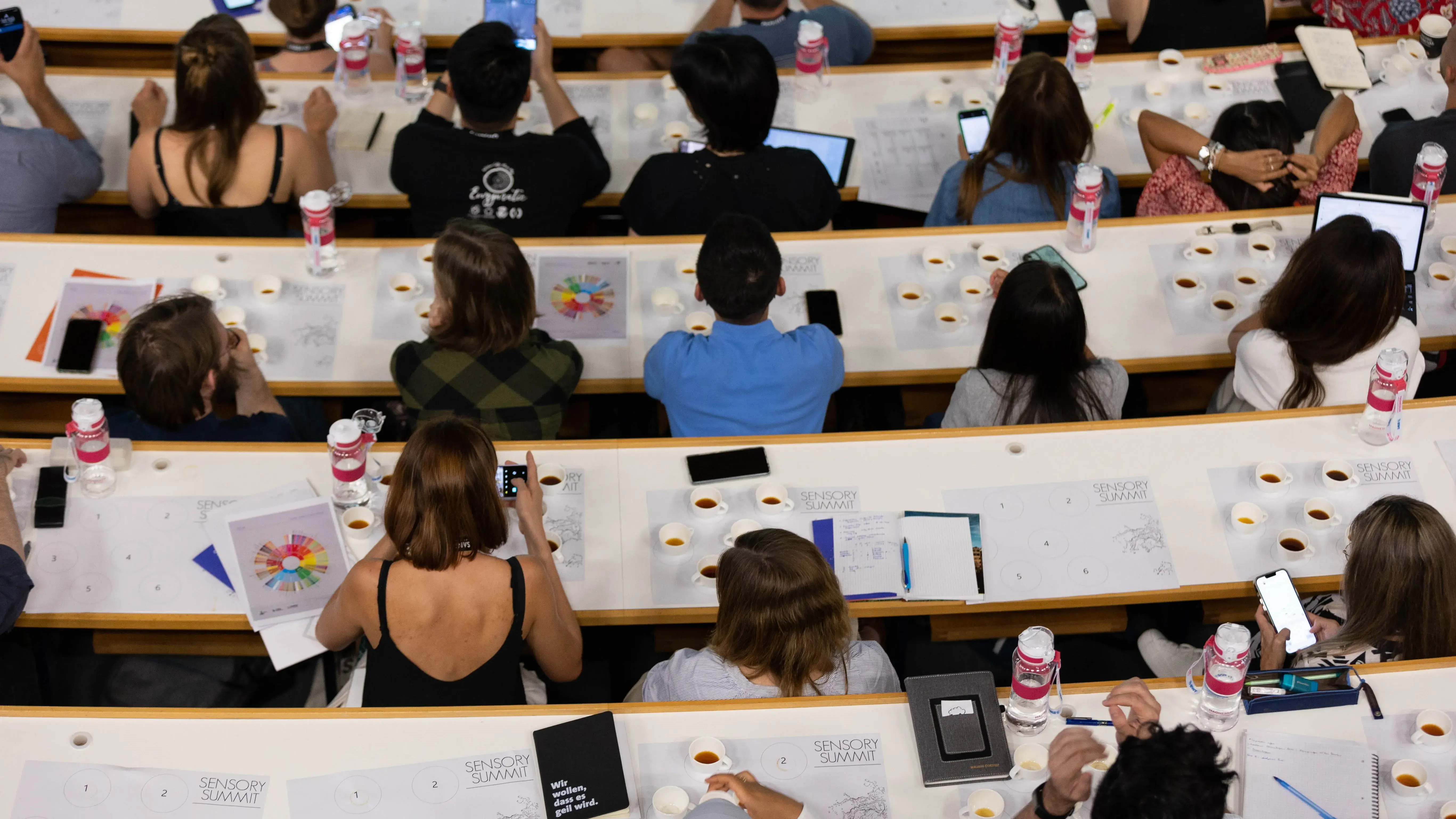
Lectures
- Dr. Veronica Belchior, Researcher Scientist - Coffee Quality Evaluation, World Coffee Research: “Breeding for Improved Quality”
Breeding for improved coffee quality focuses on developing varieties that enhance flavor, resilience, and yield. By selecting desirable traits such as superior taste profiles, disease resistance, and climate adaptability, WCR aims to meet the growing consumer demand for high-quality, consistent coffee. These advancements help protect coffee crops from pests and climate change, ensure higher yields, and support environmental sustainability. Through careful genetic selection, WCR's breeding programs contribute to the long-term viability of coffee production while promoting economic stability for farmers. Ultimately, breeding for quality is crucial for maintaining a thriving and resilient coffee industry in the face of global challenges.
- Gloria Pedroza, Head of Coffee Quality, NKG Quality Service / Neumann Kaffee Gruppe, and Dr. Sebastian Opitz, Research Fellow and Lecturer, ZHAW CEC: “Flavour Profile Changes After Fermentation of Canephora Coffee”
Canephora plays a crucial role in the coffee sector, due to its resistance to diseases and its cultivation in warmer climates. As climate change threatens Arabica yields, research has turned even more to Canephora to unlock its full potential, amongst others exploring sophisticated post-harvest processing techniques to improve its quality. Gloria Perdoza’s work at the Kaweri farm from NKG in Uganda produced Canephora coffees that were fermented with inoculated microorganisms like Lactobacillus and Pichia in addition to traditional washed and natural processes. Chemical analysis in the CEC laboratories can clearly show the impact of post-harvest processing techniques on chemical composition and flavour formation during the roasting of Canephora. In this session, we will taste different processes, where enhanced fruity and fermented flavour notes are better able to balance the characteristics, roast-induced Canephora notes, which will expand the market potential of fine Robustas.
- Dr. Raphael Studer, CEO, Algrano: “Managing Business Risks for Producers and Roasters”
To run a successful coffee business, whether as a producer or roaster, it’s essential to understand and manage risks; strategic, financial, legal, and operational. Current market volatility and the role of traditional traders expose all parties in the supply chain to significant vulnerabilities. This lecture will share insights into how producers and roasters are identifying and managing these risks. It will also explore how direct trade can be a powerful tool for independent entrepreneurs on both sides of the supply chain, enabling greater control and fostering more resilient businesses.
- Prof. Dr. Selçuk Yildirim, Head of the Center for Food Processing and Packaging at ZHAW ILGI: “Brewing a Sustainable Future: Tackling Packaging Challenges and Embracing EU's PPWR Regulations”
Packaging plays a vital role in preserving food, reducing food waste, and ensuring affordability and availability, directly supporting Sustainable Development Goal 1. Over recent decades, packaging has been optimized to enhance preservation and reduce costs. However, today’s packaging must also address pressing environmental challenges, including waste leakage, ocean pollution, and microplastics. The reliance on fossil-based materials contributes to greenhouse gas emissions and climate change. Sustainable strategies such as removal, reduction, replacement, reuse, recycling, and recovery, alongside the use of biobased materials, offer pathways forward. This presentation will also introduce the EU’s new Packaging and Packaging Waste Regulation (PPWR) as a framework to drive sustainable innovation and transformation in the packaging industry.
Detailed Programme (download)(PDF 2,5 MB)
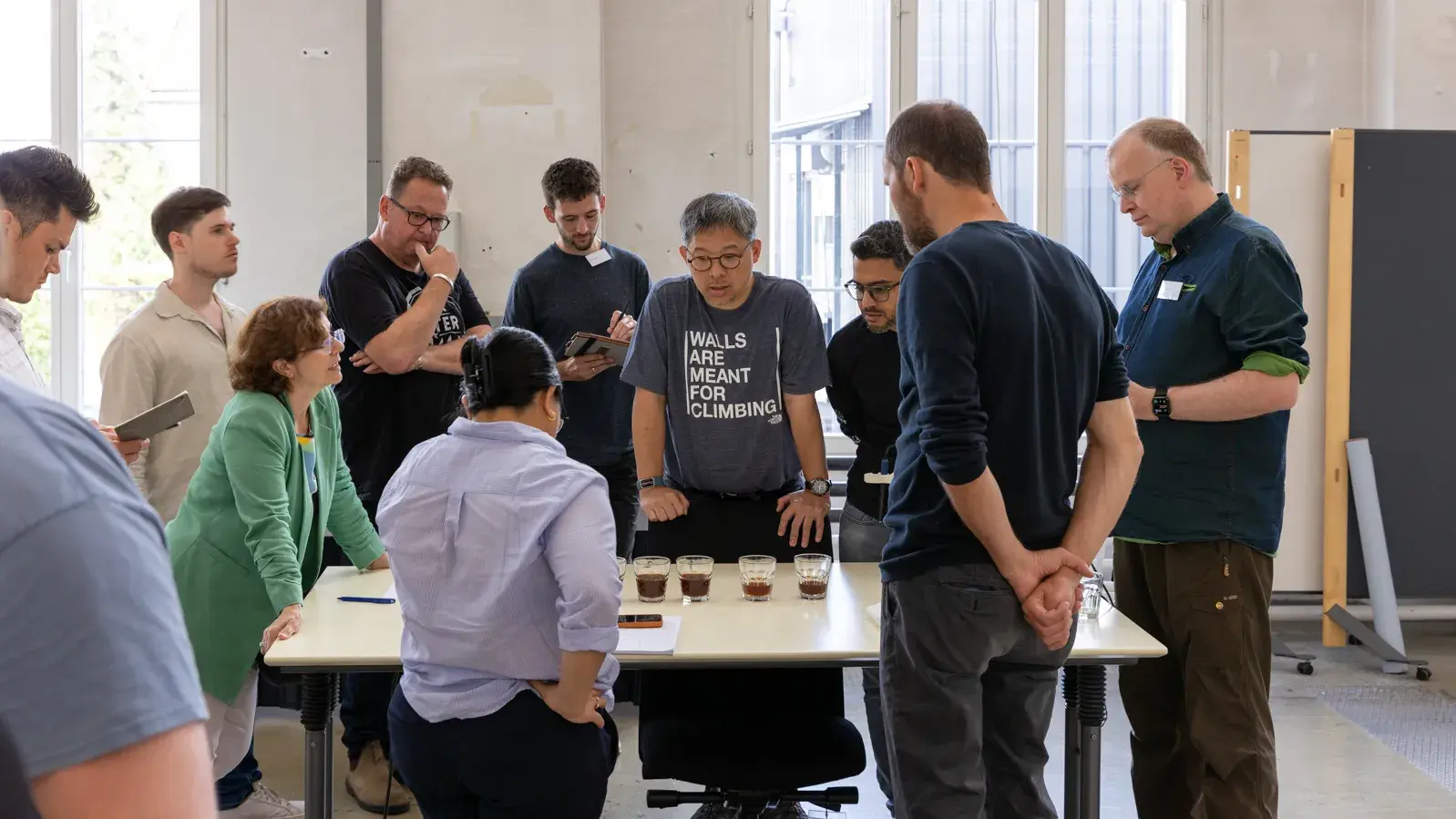
Workshops
- Dr. Merrill van der Walt, Curriculum Manger, Coffee Quality Institute, and Emma Sage, Director Education Resources, Coffee Quality Institute, “Evaluating Research and Communicating Key Insights”
- Dr. Mark Al-Shemmeri, R&D Coffee Technology Specialist, JDE Peet's, “A Research Engineering Approach to Coffee Roasting”
- Peter Giuliano, Chief Research Officer & Executive Director, Coffee Science Foundation, “Using and Understanding the SCA's Coffee Value Assessment”
- Dr. Marco Wellinger, Research Fellow and Lecturer, ZHAW, “Customizing your Water – Theory and Practice”
- Prof. Dr. Irene Chetschik, Head Research Group Food Chemistry ZHAW, and Dr. Samo Srmke, Research Fellow and Lecturer ZHAW “Coffee Flavour Chemistry”
Learn more about Workshops here
Highlights
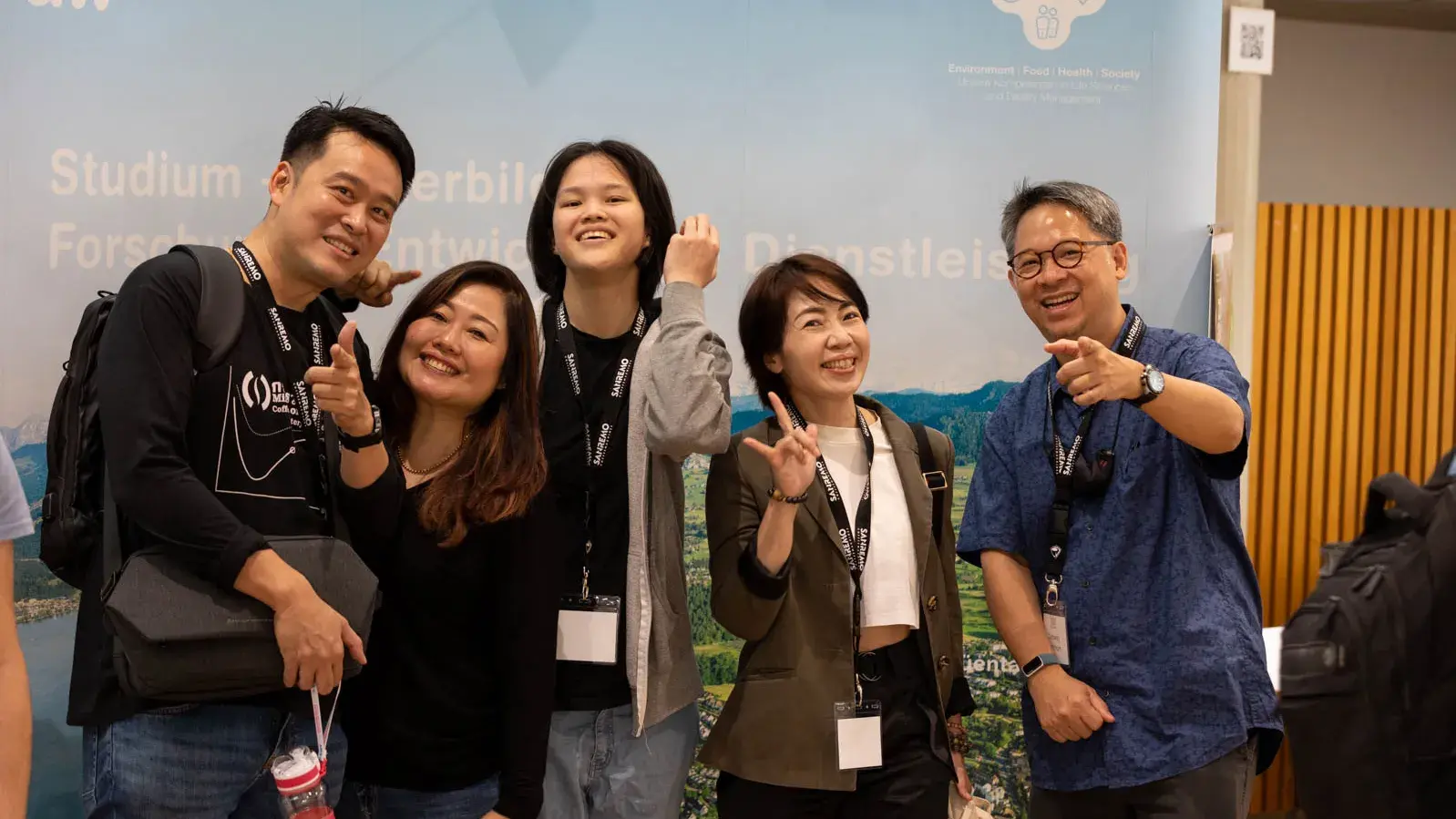
- Coffee Village
Local roasters will showcase their coffee during the coffee breaks, offering an engaging Coffee Village experience. - Coffee Lab Tour
Join the ZHAW Coffee Excellence Center on Wednesday, 5 February at Campus Reidbach for a glimpse into our labs. The tour will be followed by a small reception at SOUL, Limmatquai 94, 8001, Zürich - Evening Reception
Join us for the Summit Reception on Thursday, 6 February, from 7:00 to 11:00 pm at Kraftwerk, Selnaustrasse 25, 8001 Zurich. - Award Ceremony
CAS in Coffee Excellence Award Ceremony. Graduates attending the conference will receive their diplomas during the closing session (day 1) of the summit. - Flash Talks
We invite you to present your innovative research, unique experiences, and impactful projects in a 5-minute talk.
Speakers
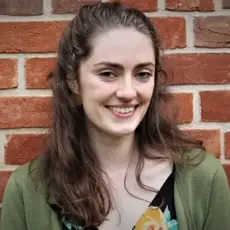
Sabine Parrish is an anthropologist of food, with a particular research focus on the cultures and political economy of coffee consumption, as well as the environmental futures of coffee production. She holds a doctorate in anthropology from the University of Oxford, where her dissertation was an ethnography of specialty coffee consumption in Brazil.
Currently, Sabine is the Principal Investigator (PI) for the UK-Brazil collaborative research project 'Cross-cultural taste: Exploring sensory language disparities in coffee evaluation for the global market.' She has taught on the cultures of specialty coffee at the University of Oxford, Stanford University, the University of Gastronomic Sciences, and the University of London.
In addition to her academic work, Sabine has been involved in the specialty coffee industry since 2007 and has been a staff writer at Standart Magazine since 2015.
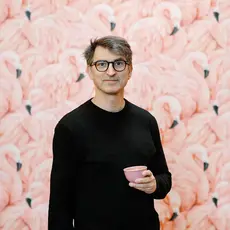
André Eiermann is a global coffee innovator and marketing strategist whose journey spans from coffee sourcing to scientific research. His experience encompasses origin work in East Africa, specialty coffee development, and cutting-edge equipment innovation. A World Barista Championship semifinalist and published researcher, André bridges the gap between coffee science, practical application, and strategic marketing. His groundbreaking work with the Zurich University on coffee extraction dynamics, combined with leadership roles at Victoria Arduino and Eversys, has positioned him as a thought leader in modern espresso evolution. As a future coffee consultant, he helps businesses thrive through data-driven approaches and strategic brand positioning.
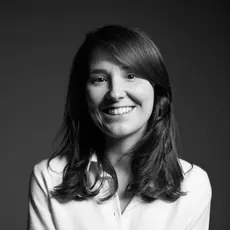
Dr. Verônica Belchior is WCR's Research Scientist for Coffee Quality Evaluation. She provides scientific expertise and technical leadership for coffee quality evaluation within WCR's varieties-focused research and development (R&D) programs. Verônica comes to WCR with 10 years of experience in coffee research and nearly 15 years of experience in the coffee industry overall. Most recently, she has served as an educator and consultant, leading courses on Q-Grader Preparation, Roasting Chemistry, and Coffee Extraction Kinetics worldwide. She holds a Ph.D. in Food Science from the Universidade Federal de Minas Gerais (UFMG), where she also served as a postdoctoral candidate and spearheaded a project to build roast profiles of coffee samples across different roasting equipment using evaluation by Fourier Transform Medium Infrared Spectroscopy and Nuclear Magnetic Resonance.
Verônica has been a Q-grader since 2013 and has acted as a taster in coffee quality contests throughout Brazil. In 2014, she created her version of the Specialty Coffee Sensory Analysis course and taught it at the best specialty coffee shops and roasters across the country. Even further, she was a partner in the Coffee Sensorium Project.

Gloria Pedroza Labin is Head of NKG Quality Service at Neumann Kaffee Gruppe. Gloria is originally from Guatemala where she started her coffee career at NKG’ coffee export company back in 1998. She's now based in Zug, Switzerland and manages NKG’s quality lab, offering consultancy services related to green coffee quality and sensory analysis to NKG’s companies and customers worldwide. She's an AST for SCA Sensory Skills and Green coffee as well as Q-Grader Instructor for Arabica and Robusta. Gloria also serves the coffee community in her roles as WCE representative and judge and as Board member of SCA Switzerland and CQI.
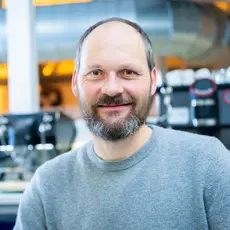
Sebastian Opitz has been working at the ZHAW CEC for 13 years, where he has built up research on green coffee. His research focuses on the effects of post-harvest processing and the impact of coffee species on the aroma composition of roasted coffee. In particular, the relationship between the precursors in green coffee and their role in roasting the coffee is an important topic. The analytical methods used to quantify precursors and aroma compounds are also used in more technical processes, such as the effects of the decaffeination process on roasting and in the new field of coffee cell cultures.
Sebastian's educational background includes graduate studies in biology and chemistry and a PhD in chemical ecology with a strong expertise in analytical chemistry. His interdisciplinary expertise helps him to understand the plant seed and the microbial processes during fermentation, as well as the organic chemistry during roasting.
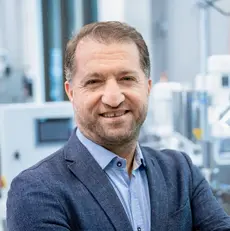
Selçuk Yildirim is a Professor and the Head of the Center for Food Processing and Packaging at the Institute of Food and Beverage Innovation, Zürich University of Applied Sciences (ZHAW), Switzerland. He holds a BSc in Food Engineering and an MSc in Process Engineering. Dr. Yildirim earned his PhD in Biotechnology from ETH Zurich, where he later served as a Post-Doctoral researcher and Group Leader in the Food Biotechnology Group. Before joining ZHAW in 2010, he worked as a researcher at the European Research and Development Center of Alcan Packaging. Currently, he also holds the position of Deputy Director at the Institute of Food and Beverage Innovation at ZHAW.
Dr. Yildirim is a board member of Swiss Food Research and the International Association of Packaging Research Institutes (IAPRI). His research group collaborates closely with industry partners to develop innovative and sustainable packaging materials and processes. He has authored numerous book chapters, publications, and patents.

Raphael Studer is the CEO of Algrano, the online marketplace connecting coffee roasters and coffee producers. Raphael decided to co-found Algrano, when he realized that the existing coffee trade was intransparent and based on information asymmetry which puts roasters' and producers' business at risk.
Before Algrano, Raphael worked on an energy trading floor as a pricing and hedging specialist. Raphael studied Economics and Business Administration at the University of Geneva and wrote his PhD thesis on the measurement and statistic modelisation of happiness at the Chair of Statistics and Empirical Economic Research at the University of Zurich.
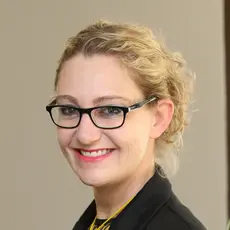
Merrill van der Walt is an adult learning specialist. She was an academic at the University of the Witwatersrand (South Africa) where she managed the Evolutionary Studies Institute and Centre of Excellence in Paleoscience. She was part of the science team awarded by the National Science Foundation in 2015 for their scientific contribution to the understanding of the origins of humankind. After leaving academia she focused on creating and delivering numerous adult education programs and widened her area of focus to include psychology. Merrill is passionate about helping to create a culture of continuous learning. She has an unwavering enthusiasm for knowledge and a steadfast belief in human curiosity and betterment.
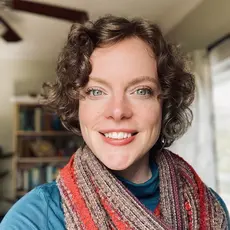
Emma Sage is the Director of Education Services at CQI. She oversees the growth, distribution, and success of CQI Education and Products. She holds a Master’s of Science in Botany, a B.A. in Ecology, and received a post-graduate certificate from the Applied Sensory and Consumer Science Certificate Program at the University of California, Davis. Before coming to the coffee industry, she worked with a variety of laboratory and field research projects in plant physiology, biology, ecology, enology, and climate change science.

Mark Al-Shemmeri is a chemical engineer who spent four years as a doctoral researcher (EngD) figuring out how to simulate coffee roasting in-silico, creating a digital twin of a coffee roaster. The data-driven approach meant a lot of roasting, analysis (physical, chemical and sensorial) and coding up of simulations to predict how different green coffees, in different roasters with different process conditions transform during roasting - in terms of their particle motion, temperature and physicochemical properties. Mark is now a Coffee Technology Specialist in R&D at JDE Peet’s where he is implementing his learnings to develop large-scale roasting practices.
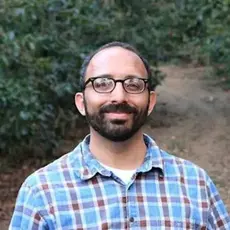
Peter Giuliano is the Executive Director of the Coffee Science Foundation and Chief Research Officer for the Specialty Coffee Association. With over 35 years in the coffee trade, Peter has worked as a barista, roaster, buyer, and educator. As co-owner of Counter Culture Coffee, he pioneered direct communication with producers and built an education-focused national network. A founder and former chair of the Coffee Roasters Guild, Peter also served as SCA president in 2011-2012. Since joining the SCA in 2013, he has developed key educational and scientific resources. In 2016, Peter established the Coffee Science Foundation, where he now leads research efforts for the industry. Coauthor of the Coffee Sensory and Cupping Handbook, he also contributed to the SCA’s Coffee Value Assessment and Flavor Wheel, cementing his role as a leading voice in specialty coffee.
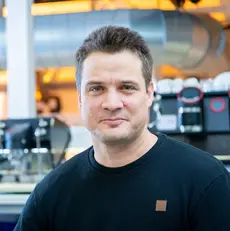
Marco Wellinger researches coffee at the Coffee Excellence Center at ZHAW (Switzerland). His focus is on the dynamics of coffee extraction and how to make understanding water more simple. He also performs sensory analysis and is certified as a Q Arabica and Q Robusta grader, SCA sensory professional and authorised SCA trainer (AST). He co-authored the SCA Water Quality and Freshness handbooks. His work with industry partners includes benchmark testing of espresso machines and household filter coffee systems. Since 2022 he is the main author and teacher of the extraction module in the online course CAS in Coffee Excellence.

Irene Chetschik is Professor of Food Chemistry & Analysis and Head of the Food Chemistry Research Group at the Institute of Food and Beverage Innovation of the Zurich University of Applied Sciences in Wädenswil, Switzerland. She studied Food Chemistry at the Technical University of Munich, Germany and obtained her PhD in the Field of Aroma Research at the Technical University Munich & German Research Centre for Food Chemistry (now Leibniz-Institute for Food Systems Biology). After her PhD, Irene Chetschik worked as Flavour Research Scientist for two international companies in Switzerland before she joined the ZHAW, were she established 2018 the Food Chemistry Research Group.
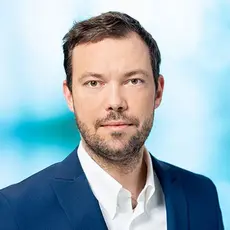
Samo Smrke is deputy head of the Coffee Excellence Center at the Zurich University of Applied Sciences (ZHAW). He is leading coffee research projects in collaboration with coffee industry and in fundamental research on various topics of coffee chemistry and coffee science. He is teaching in the Coffee Excellence continuing education course at ZHAW, and various other educational programs with partners of ZHAW. Samo is actively participating at coffee conferences, is one of the co-authors of the SCA Freshness Handbook and Water Handbook and has contributed to scientific papers and book chapters about coffee.
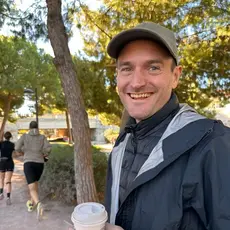
Andrew Tolley has built a distinguished career in the specialty coffee industry, holding roles that span barista, trainer, café manager, multi-site café owner, green buyer, and head of coffee. He co-founded two of London’s pioneering specialty café businesses, Taylor St Baristas and Harris+Hoole, which collectively operated more than 55 locations at their peak.
Since 2020, Andrew has collaborated with the Simonelli Group to develop the Coffee Knowledge Hub. His responsibilities include course development and teaching, platform enhancements, content creation, and communications strategy, contributing to the Hub’s growth and influence in the coffee education space.
Andrew has a long history of volunteer leadership within the specialty coffee community. As a founding member of the Specialty Coffee Association (SCA) Barista Guild of Europe, he served as Chair in 2018 and represented the Guild on the SCA Board of Directors. Beginning in January 2021, Andrew joined the SCA Board for a two-year term, during which he was elected as 2nd Vice President. He is set to become President of the SCA in 2026.
Call for Contributions
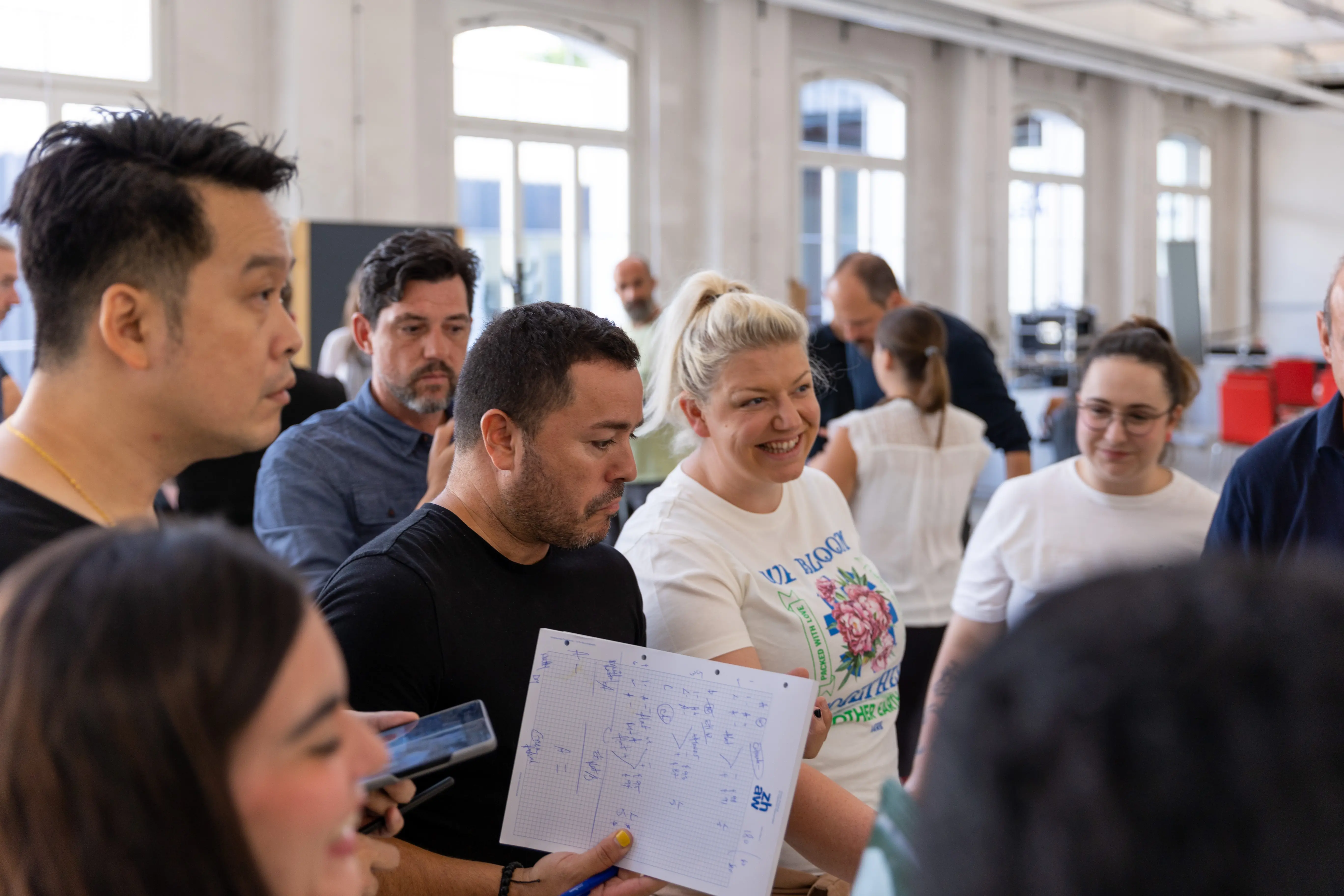
We invite you to share your innovative research, unique experiences, and impactful projects at the upcoming Coffee Science and Education Summit 2025. Whether you are exploring new frontiers in coffee science, applying cutting-edge technologies, new insights in learning or implementing sustainable practices, we want to hear from you!
Submit your proposal for a flash talk for a short 5 min presentations to showcase key insights or discoveries.
How to Apply:
Please fill out the Registration Form and submit your proposal for consideration. We encourage early submissions, as slots are limited.
Submissions Closed
Summit Objectives
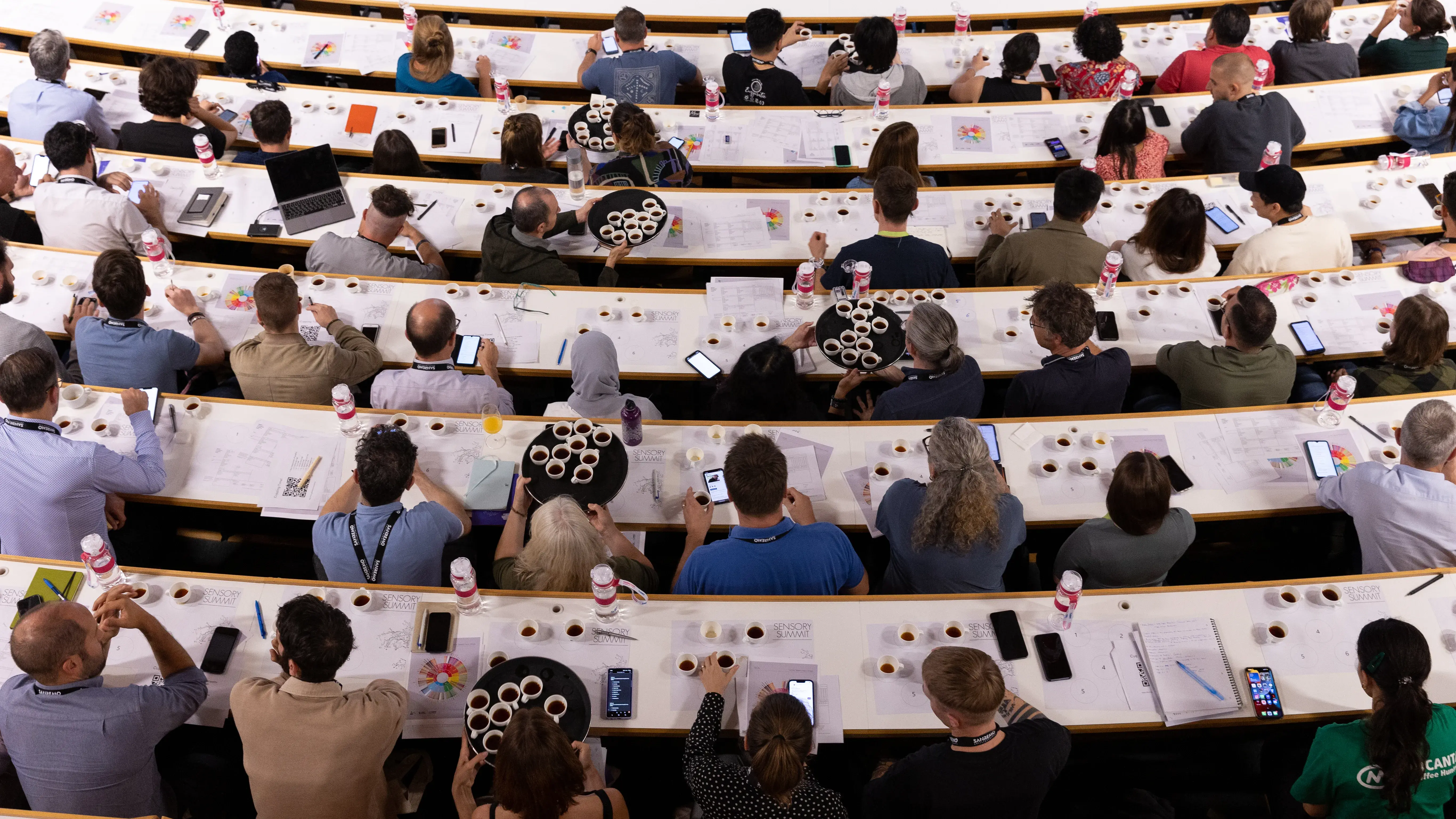
Our event brings together a diverse community of coffee professionals, researchers, and educators, to drive collaboration, innovation, and knowledge-sharing. Here’s what we aim to achieve:
- Provide a platform for researchers, coffee professionals, educators, coffee enthusiasts, and industry leaders to share insights and promote networking across disciplines and countries.
- Bridge the gap between academia, industry professionals, and the craft of coffee by fostering interdisciplinary collaboration among plant scientists, food scientists, chemists, and others to develop holistic solutions for the future of coffee.
- Offer education through validated scientific knowledge in lectures, workshops, seminars, and hands-on training sessions.
- Present research across the entire coffee value chain, from specialty coffee to commercial markets, ensuring insights that benefit all sectors of the coffee industry.
- Provide opportunities for young scientists and industry experts to present their findings and perspectives on key coffee topics.
- Serve as an incubator for future research and educational projects in the coffee industry.
Event Partners
At ZHAW Coffee Excellence Center, we are grateful for our partnerships with the Coffee Quality Institute, World Coffee Research, and the Specialty Coffee Association for the Coffee Science and Education Summit. Together, we strive to bring the newest research to the community while bridging the gap between science and the craft of coffee. These collaborations reflect our commitment to advancing education and sustainability in the coffee industry, ultimately making a meaningful impact on the future of coffee.
